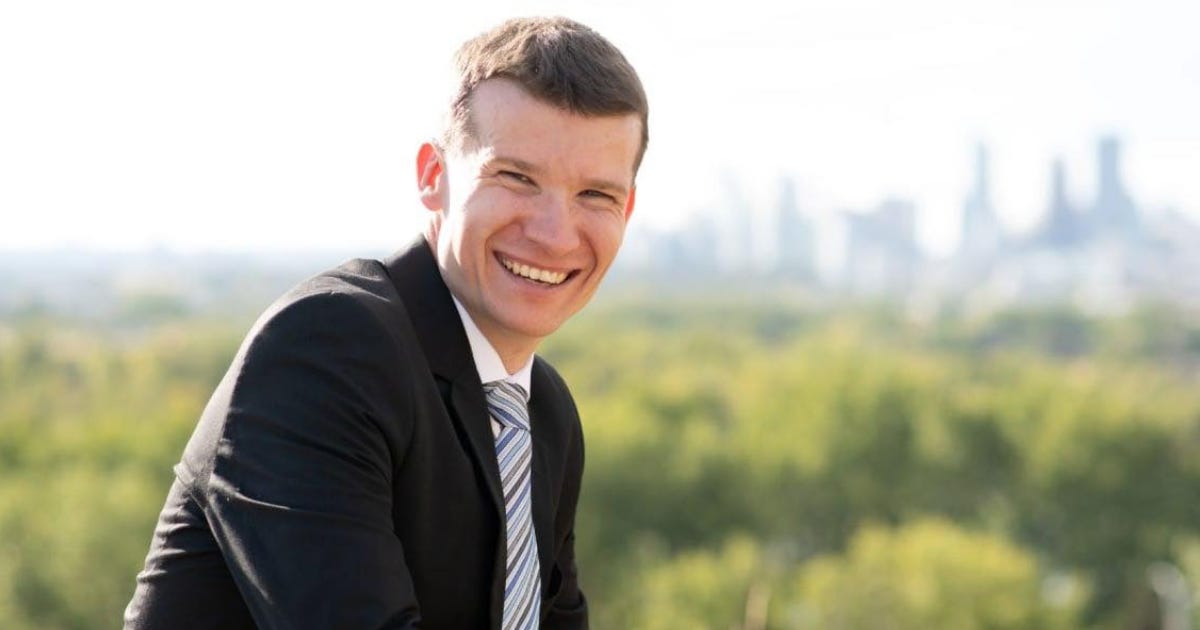Jeromy Farkas elected mayor of Calgary
In a race that appeared too tight to call until the last polling station reported, Jeromy Farkas narrowly squeaked out a victory against Sonya Sharp in Calgary’s mayoral election.
In a race that appeared too tight to call until the last polling station reported, Jeromy Farkas narrowly squeaked out a victory against Sonya Sharp in Calgary’s mayoral election.
As of Tuesday morning, the unofficial results with 380 of 380 stations reporting show Farkas with 91,065 votes and Sharp just behind him at 90,480. A total of 348,626 votes from Calgarians has been tallied, meaning Farkas captured 26.12 per cent of the vote and Sharp secured 25.95 per cent.
The tight race saw incumbent Jyoti Gondek fall completely out of the running, securing only 71,397 votes (20.48 per cent). Her loss marks the first time that an incumbent mayor of Calgary was defeated in a re-election bid since 1980, when Ross Alger lost to Ralph Klein.
The election was even tighter than pre-election polling suggested, as it showed Farkas narrowly leading with 27 per cent support, followed by incumbent mayor Jyoti Gondek and councillor Sonya Sharp, each at 23 per cent.
During the campaign, Farkas pushed woke policies like implementing “hate-tracking programs,” opposing Alberta’s efforts to enforce its ban on child gender transitions, and celebrated being pro-immigration.
Farkas pointed to how his platform “includes hate-tracking and education programs, culturally competent training for first responders, and the Housing Equity Roadmap to ensure our housing system works for racialized, newcomer, Indigenous, disabled, and 2SLGBTQI residents.”
He also suggested that he would support bike lanes and lowering speed limits. He advocated for masking during the pandemic lockdowns and celebrated requiring his team to do so.
During a municipal debate among the Calgary mayoral candidates, Farkas opposed rhetoric around Alberta separatism and framed the city as a key part of “Team Canada.” He called the fact that one-third of Calgarians not being born in North America as a strength.
Sharp positioned her debate, and much of her campaign, around public safety.
“If you don’t have a safe city, you have nothing,” she said. “People won’t move here; people will leave here.”
Despite Farkas’ many woke positions, True North’s exclusive polling showed that he had the most support among those who voted for the Conservative Party of Canada in the 2025 election, followed by Sharp.
Sharp was backed by the Calgary Police Association.
This year’s municipal elections were the first in Alberta to allow candidates to appear on the ballot with political parties (that are legally required to have zero affiliation with provincial or federal parties). While Edmonton’s election saw two political parties form, Calgary had three.
The Calgary Party was led by mayoral candidate Brian Thiessen, who came in 5th place with 40,519 votes (11.62 per cent). Sharp was the leader of the Communities First Party. The third party was A Better Calgary Party, led by Gordon Elliot, but it did not run a mayoral candidate.
The official election results will be available at 12 p.m. Mountain Time on October 24 after the unofficial results have been verified.





Too bad, apparently almost as bad as the predecessor. See Wyatt Claypool’s YouTube reports.
Sharp was the better choice.
Surely with the vote that close there must be a recount required. In a sane system there would be a two person run off in a couple of weeks. It's ridiculous that anyone gets that kind of authority with less than 10% of the support of the general population!! So frustrating!!